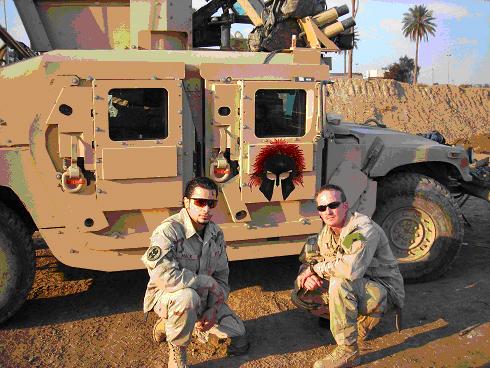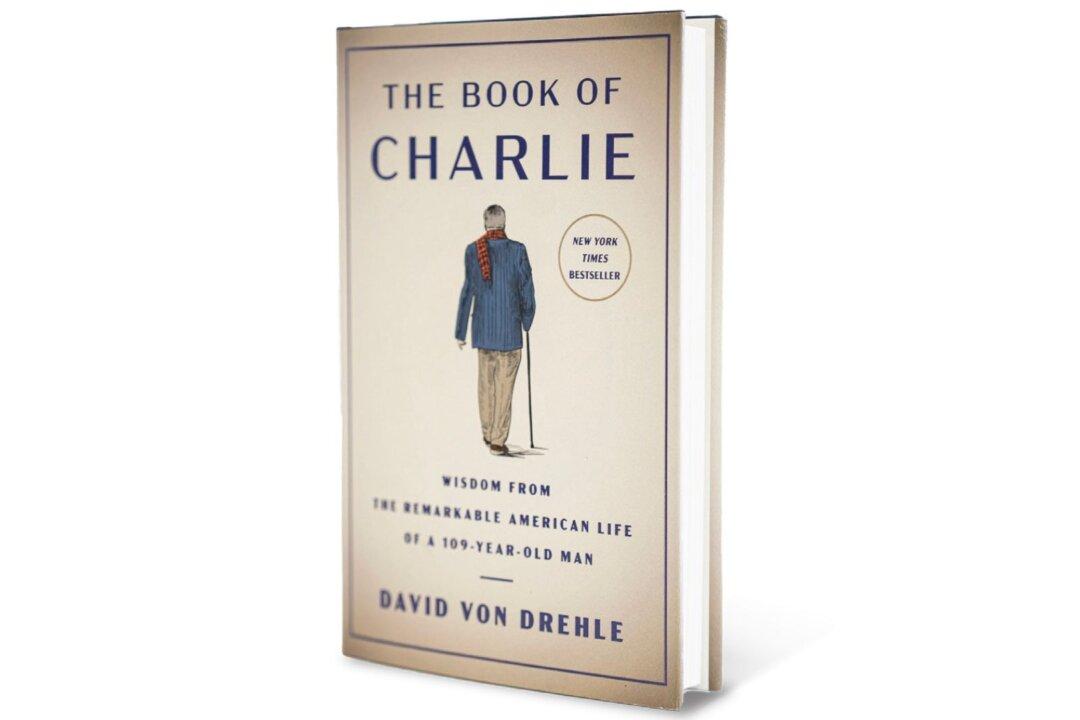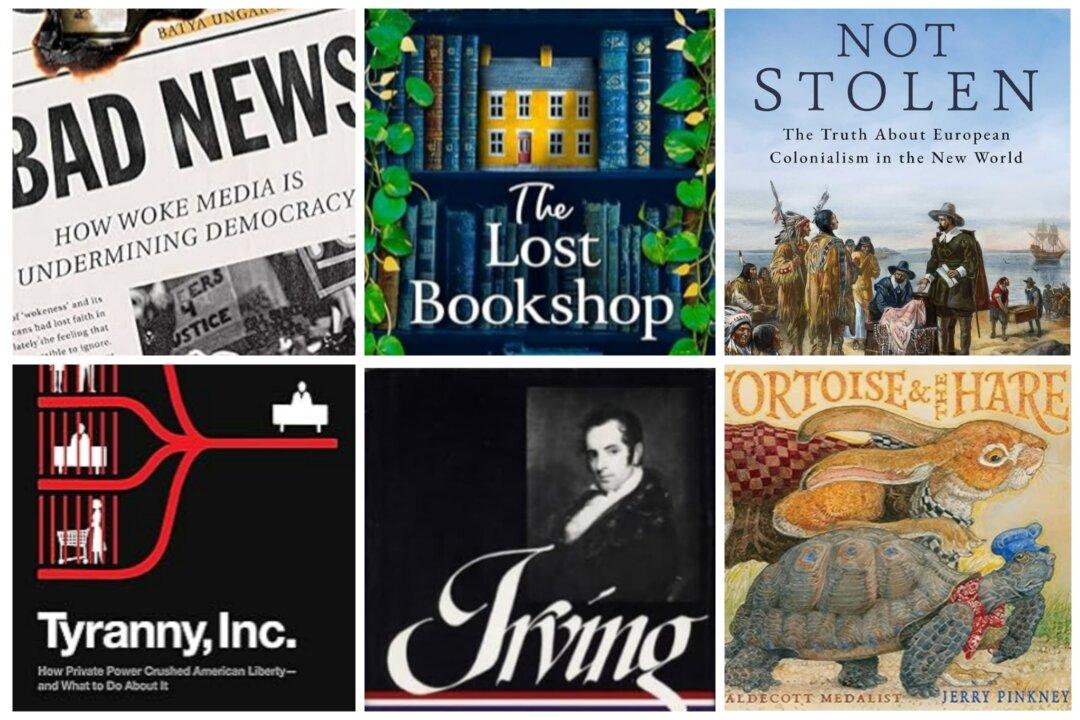When interviewing retired Army colonel Claude Schmid for a story about the nonprofit he founded, Veterans Last Patrol, I learned that he had written a novel, “Princes of War.” His organization focuses on partnering veterans with veterans in hospice care. The story ran in The Epoch Times.
I was curious about his book, a fictionalized story, but set against a background he had experienced firsthand: America’s involvement in Iraq. Schmid retired from the Army in 2013 after 31 years of military service in combat units around the world. During his two tours of duty in Iraq, he commanded a combined U.S.-Iraqi Infrastructure Security Force.






